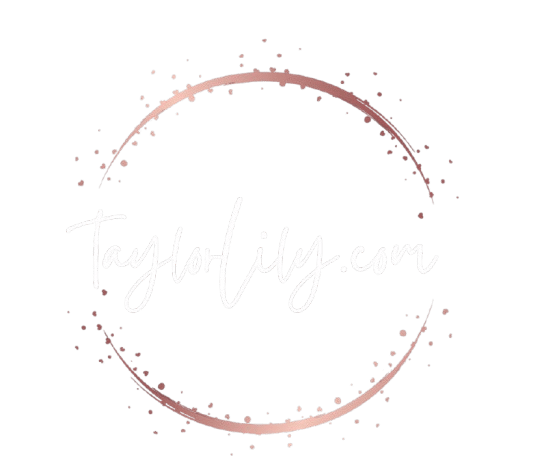Data Mesh Microsoft Fabric
As a programmer and blogger, I’m excited to dive into the concept of Data Mesh Microsoft Fabric, a topic that’s been gaining traction in the tech world. If you’re like me, curious about the latest advancements in data management, you’re in the right place. Data Mesh Microsoft Fabric is a relatively new approach to data management that’s been making waves, and I’m here to break it down for you.
What is Data Mesh Microsoft Fabric
Data Mesh Microsoft Fabric refers to the integration of Microsoft’s Fabric technology with the Data Mesh architecture. Data Mesh is an architectural paradigm that treats data as a product, emphasizing domain-oriented, distributed data ownership, and federated governance. Microsoft Fabric, on the other hand, provides a set of tools and services for building, deploying, and managing distributed applications. Together, they enable organizations to create a scalable, secure, and flexible data management system.
Benefits of Data Mesh Microsoft Fabric
Here are some key benefits of Data Mesh Microsoft Fabric
Improved Data Ownership With Data Mesh, data ownership is distributed across domains, ensuring that those closest to the data are responsible for its management.
Scalability Microsoft Fabric provides a scalable platform for building distributed applications, making it an ideal match for Data Mesh.
Enhanced Security Fabric’s built-in security features, such as encryption and access controls, ensure that sensitive data is protected.
Federated Governance Data Mesh’s federated governance model allows for decentralized decision-making, enabling organizations to respond quickly to changing requirements.
Increased Agility By treating data as a product, organizations can rapidly develop and deploy new data-driven applications.
Real-World Applications
To illustrate the potential of Data Mesh Microsoft Fabric, consider a retail company looking to improve its customer experience. By implementing Data Mesh, the company can create a decentralized data management system, where each domain (e.g., sales, marketing, customer service) owns its data. Microsoft Fabric provides the platform for building distributed applications that leverage this data, enabling the company to develop personalized customer experiences quickly and securely.
Supporting the Blog
If you found this post helpful, I’d really appreciate it if you could do me a solid and buy me a coffee ((link unavailable)). Your gift can be the catalyst for change, empowering me to continue sharing valuable content. Writing these blogs takes time, and every dollar helps keep things running.
About Me
I’m Lilly, a 24-year-old blogger passionate about tech, fashion, and anime. Born in South Korea and raised in Seattle, I bring a unique Gen perspective to online culture. You can catch me on Instagram, YouTube, and TikTok, where I share my thoughts on the latest trends and innovations.
Stay Connected
Thanks for reading! If you have any questions or topics you’d like me to cover, feel free to reach out. Your support means the world to me.







